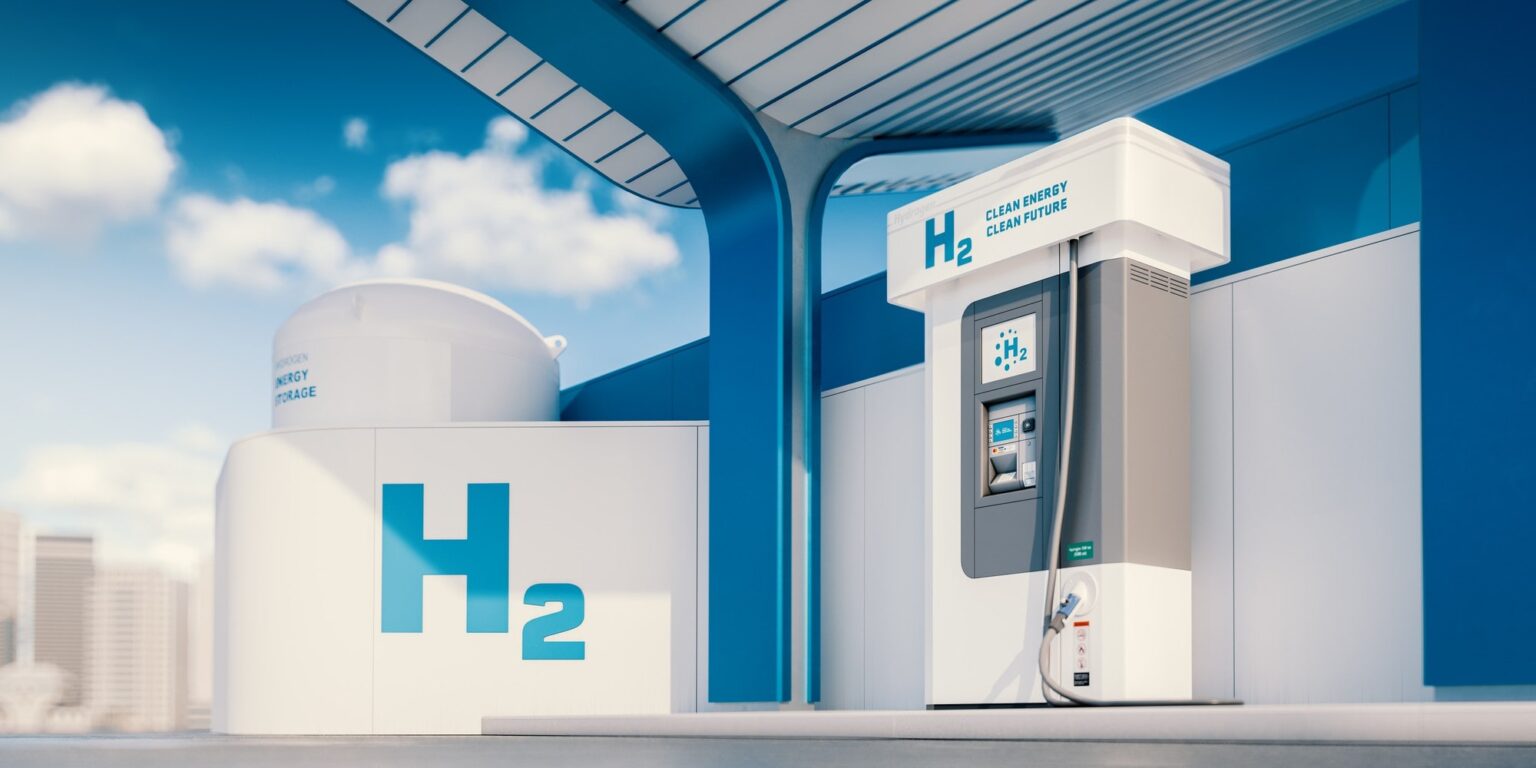Hydrogen fuel cell vehicles (FCVs) are a promising zero-emission transportation solution that offers several advantages over conventional internal combustion engine vehicles and battery electric vehicles. FCVs use hydrogen as their primary fuel source, combining it with oxygen from the air to generate electricity through an electrochemical process in the fuel cell stack. Here are the key aspects of hydrogen fuel cell vehicles and their potential as the transportation of the future:
- Zero Emissions: Hydrogen fuel cell vehicles produce only water vapor as their primary emission, making them a truly zero-emission transportation solution. This characteristic addresses concerns about air pollution, greenhouse gas emissions, and climate change, contributing to cleaner and more sustainable transportation.
- Energy Efficiency: Hydrogen fuel cell systems offer high energy efficiency compared to internal combustion engines. The conversion of hydrogen to electricity in fuel cells is more efficient than burning fossil fuels, leading to reduced energy waste and increased overall efficiency. FCVs can achieve energy efficiencies comparable to or better than battery electric vehicles.
- Fast Refueling and Extended Range: Hydrogen fuel cell vehicles offer fast refueling times, comparable to conventional vehicles, typically taking only a few minutes to fill up the hydrogen tank. This addresses one of the key limitations of battery electric vehicles, which require more time for recharging. FCVs also offer extended driving ranges, typically over 300 miles (480 kilometers), making them suitable for long-distance travel without the need for frequent refueling.
- Versatility and Flexibility: Hydrogen can be produced from a variety of sources, including electrolysis of water using renewable energy, steam methane reforming, and other methods. This versatility allows for the potential utilization of hydrogen as a clean energy carrier, as it can be produced using renewable sources and used in various sectors beyond transportation, such as energy storage and industrial applications.
- Scalability and Energy Storage: Hydrogen fuel cell technology has the potential for scalability and large-scale energy storage. Hydrogen can be produced during periods of excess renewable energy generation, acting as a form of energy storage that can be used when renewable energy supply is low or demand is high. This characteristic helps address the intermittent nature of renewable energy sources and promotes grid stability.
- Heavy-Duty and Commercial Applications: Hydrogen fuel cell technology is suitable for heavy-duty and commercial applications, including trucks, buses, and other heavy vehicles. These vehicles often require longer ranges and faster refueling times, making hydrogen fuel cells a viable option for decarbonizing transportation in these sectors.
- Infrastructure Development: The widespread adoption of hydrogen fuel cell vehicles requires the development of a comprehensive hydrogen refueling infrastructure. While this infrastructure is currently limited compared to traditional gasoline stations or electric charging networks, efforts are underway to expand hydrogen refueling infrastructure globally, especially in regions with a focus on hydrogen as a clean energy carrier.
Despite the advantages of hydrogen fuel cell vehicles, there are challenges to overcome, such as the cost of fuel cell technology, hydrogen production, and storage infrastructure development. However, ongoing research, technological advancements, and collaborative efforts across industries and governments are driving progress in these areas.
In conclusion, hydrogen fuel cell vehicles offer a promising pathway toward zero-emission transportation. Their zero-emission profile, fast refueling times, extended range, and potential for renewable energy integration make them a compelling option for achieving a sustainable and cleaner transportation future.



